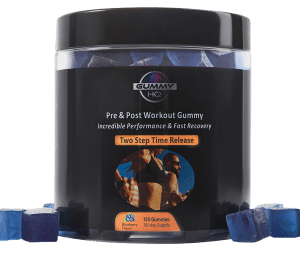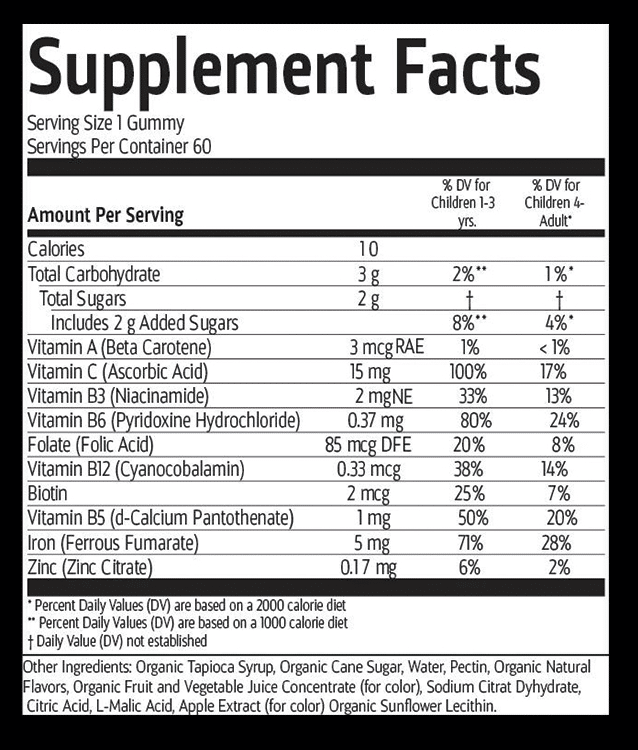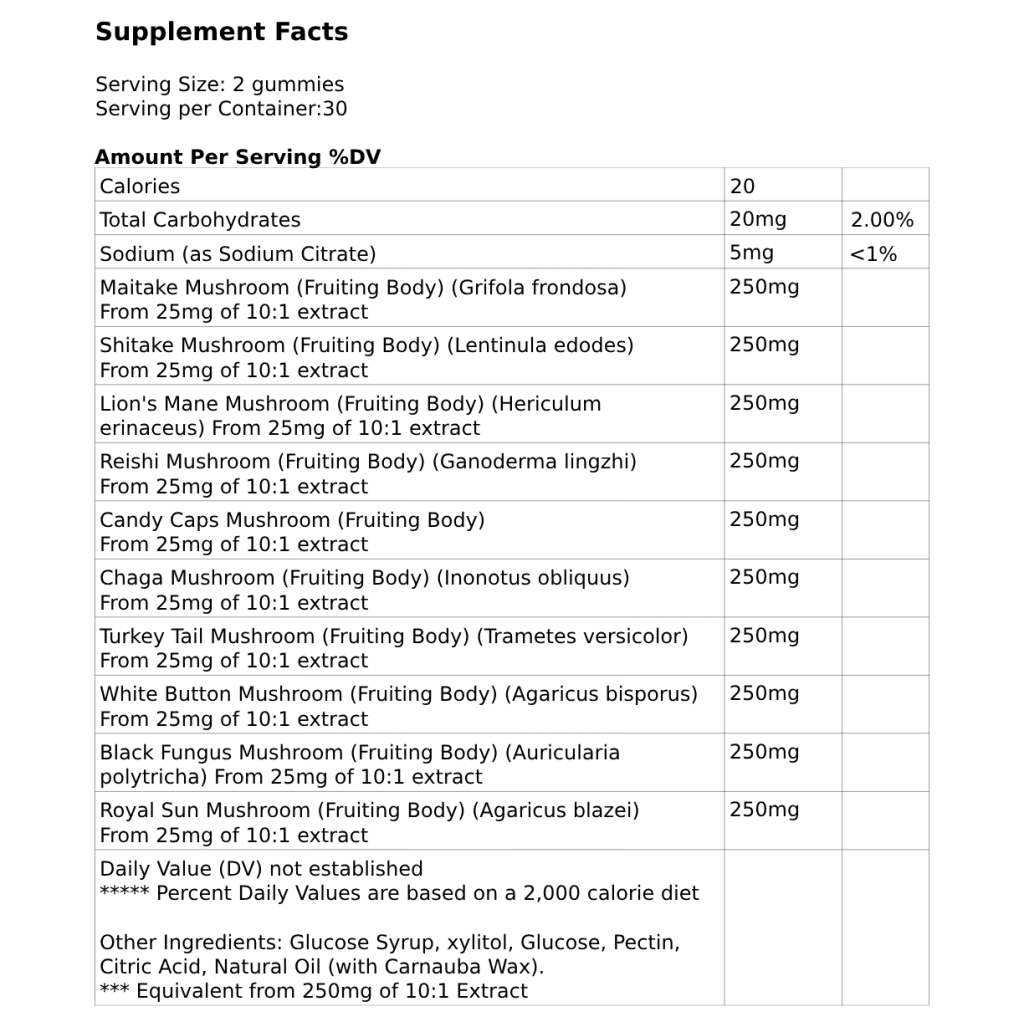In the past few years, the conversation about exercise has expanded. We no longer focus solely on its physical benefits but also consider the way it can positively impact our mental well-being. Regular physical activity is a major mood boost and can increase emotional resilience and positive mental health. This article will look at how exercise reduces stress hormones, influences brain health, improves sleep, and is especially useful for remote workers.
Mental Benefits of Regular Exercise
Exercise is more than a tool to make your physical body what you want it to be. It also offers a way to stay happy and healthy on a mental basis. Engaging in physical activity consistently has been linked with improved mental health in several studies. Individuals who often exercise experience fewer symptoms of anxiety and depression. This is believed to be related to several biochemical and physiological changes in the brain, including the release of feel-good hormones called endorphins. These processes can boost your mood and make you feel better overall.
Exercise as a Mood Booster
The role that exercise plays in mood enhancement is one of the most rewarding and immediate benefits. Engaging in physical activity can help lift your emotions and alleviate the symptoms of anxiety and depression. Even a short burst of exercise, such as quickly walking for 10 minutes, will have an impact. It can increase mental alertness, positive mood states, and energy. Going out to have moderate-to-vigorous exercise can contribute to consistent mood improvements and help you manage your mental health over the long term.
Best Exercises for Mental Health
Doing any kind of exercise is useful when you want to benefit from improved mental health. However, some exercises might be more effective than others. Below are a few that you may wish to choose to get the most substantial mood and mental health benefits.
Aerobic Exercises
Aerobic exercises, such as dancing, jogging, swimming, gardening, cycling, and walking, have all been shown to reduce depression and anxiety. These activities can help decrease overall levels of tension, improve sleep, elevate and stabilize mood, and improve self-esteem.
Strength Training
Strength training has been shown to reduce anxiety and depression symptoms. This is likely due to the cognitive focus and structure these activities require. Because of this, they can provide a mental break from negative thoughts.
Yoga

Yoga combines meditation, physical movement, light exercise, and controlled breathing. Each one of these things provides amazing stress relief. Yoga can also help lower stress hormone levels, like cortisol, and boost levels of serotonin, which is associated with feelings of well-being and happiness.
Team Sports
Team sports or group fitness classes can also provide the typical physical benefits of exercise. However, they also provide social connectivity, which is mandatory for good mental health.
Exercise and Brain Health
Exercise has an impact on the brain in several different ways. For one, it can increase heart rate. This means more oxygen is moved to the brain. In addition, it helps aid the release of hormones which offer the right environment for the growth of brain cells. Exercise also promotes the plasticity of the brain by stimulating the growth of connections between cells in many of the most important areas of the brain.

Research indicates that people who exercise have a larger brain volume. This is especially accurate in the places where executive function and memory reside. To aid you in your exercise journey, our Research & Development team has created an exclusive dual-purpose formula that optimizes your system and muscle groups for awesome workout performance and then works to speed your recovery. Try our GummyHQ Pre & Post Workout Gummies.
Physical Activity and Stress Hormones
Engaging in regular physical activity can lower the levels of stress hormones in the body. This is a long-term benefit that anyone can benefit from. In addition, this level of exercise also causes the production of endorphins, which are the natural mood elevators and painkillers of the human body.
In addition, exercise can help with the body’s circadian rhythm, which helps to reduce anxiety and stress in a natural way to regulate your sleeping patterns. On top of that, the concentration needed to perform exercise often offers a break from daily stress and increases body awareness. This can help you notice the signs of stress earlier so you can manage it before it is a bigger problem.
Sleep, Exercise, and Mood
The relationship between sleep, exercise, and mood creates a cycle that has a huge impact on your well-being and health. Understanding the connection is important since it shows how interconnected our physical activities and rest periods are for our mental state.

When it comes to exercise and sleep, the former has a huge impact on the latter. Engaging in exercise, especially aerobics, has been proven to help people fall asleep more quickly and get into deeper levels of sleep. This effect may be related to the body’s cooling down after exercise. The decrease in temperature can tell the brain it’s time to get some rest. In addition, exercise can regulate the sleep-wake cycle for even better rest at night.
The timing and type of exercise can also have an impact on sleep. Moderate aerobic exercise in the morning or afternoon can positively affect sleep quality by helping people fall asleep quicker. However, engaging in serious exercise just before bed can do the opposite so considering timing is important.
Improved sleep quality can also increase positive mood. Getting good sleep at night helps the brain process emotional information, which decreases emotional reactivity and supports better mood regulation. People who have deep and uninterrupted sleep often have lower chances of having negative emotions during the day. This is partially related to restoration processes at night, which help with emotional resilience and cognitive function.
Exercise Benefits for Remote Workers
For remote workers, exercise is more than routine. It’s an important part of the day and can offset the challenges of a sedentary lifestyle associated with working from home. Having no commute and fewer physical reasons to leave the home office can lead to long periods of sitting. This can have several consequences, such as increased stress levels, heightened feelings of isolation, and a decrease in overall physical health.

Having regular exercise breaks throughout the day is important for remote workers. These breaks can vary from a series of stretches to limber the body and clear the mind to structured fitness sessions like a midday brisk walk or yoga class. These activities can combat all the drawbacks of extended sitting and help manage mental stress and fatigue for better focus and productivity.
Exercise can also improve energy and mood levels while working from home. Ending the day with physical activity like a bike ride or a work job can provide a nice transition between work and personal time. This is all part of a healthy work-life balance. This can help improve physical health while improving mental well-being and making exercise a staple for remote workers.
The psychological benefits of exercise are many and varied. Exercise can contribute to a huge degree to overall well-being and mental health. Regular physical activity is a powerful mood booster, helps fight stress, improves brain health, and enhances your sleep quality. For remote workers, it also gives you a break from the monotony of home office life and can boost productivity while helping manage stress.
Adding regular exercise into your daily routine is a great lifestyle choice that can help you maintain good mental health. Whether you want to engage in strength training, yoga, aerobics, or team sports, staying active is key. However, you want to make sure you choose a method that adds joy and fits seamlessly into your life.





